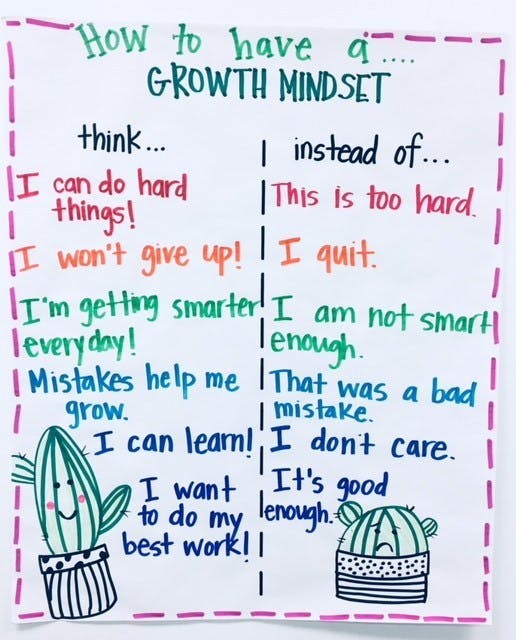Different students have different attitudes towards math. Some students love math, while others dislike it. There are many reasons for this, but it is important to help students develop a positive attitude towards math. When students have a positive attitude toward math, they are more likely to succeed in the subject.
Your outlook on math plays an important role in how well you learn and perform in math class. Having a positive attitude has been shown to lead to higher achievement, while a negative attitude can have the opposite effect.
Have you ever wondered where negative attitudes toward math come from?
There are several factors that may contribute to these attitudes, including:
- the belief that math is only for “smart people”
- the perception that it is a dull subject
- a lack of confidence in one’s ability to learn
- feeling overwhelmed by complex problems
- and struggling to understand how math applies to real-world situations
The relationship between attitude and achievement is bidirectional when it comes to math education. To enhance student attitudes and achievement in this subject, it is crucial to comprehend this connection. Initially, it may seem like a clear correlation; if a student has a positive attitude towards math, they are more likely to learn, put in more effort, and perform better. As Guney Haciomeroglu from Canakkale Onsekiz Mart University says:
Anxiety and attitude towards mathematics are important predictors of motivation and educational outcomes related to achievement.
Taking this idea to the next level, research indicates that the connection between attitude and achievement goes both ways. This implies that a relationship can be formed in two ways:
For a student with a positive attitude toward math:
They feel more self-assured when studying math → enjoy math → are driven to do more → actively participate in math classes → practice more → attain greater success.
For a student who excels in math:
They possess greater confidence in their skills → recognize the significance of math → have a favorable attitude toward math.
When students have a positive attitude toward math, improvements can be seen in:
- Emotions
- Motivation
- Confidence
- Engagement
- Working memory
- Numerical processing
Improving in these areas not only enhances learning abilities and educational outcomes, but also leads to better physical and mental health, and overall happiness in students. Hence, it is crucial to instill positive attitudes and promote a growth mindset from an early age.

Image source: Teaching a Latte in First
Negative attitudes towards math are far more common than they should be. Feelings like insecurity, apathy, and math anxiety can really hold students back from understanding and succeeding in this subject. But if we can encourage a positive attitude towards math early on, it could make a big difference in academic achievement.
[Read the full Literature Review here.]
Homework in a Cafe can help students develop a positive attitude toward math by making it relevant to their lives, using personalized teaching methods, providing positive feedback and encouragement, and helping them overcome their fears of math. We invite you to reach out and work together for the benefit of your child.



